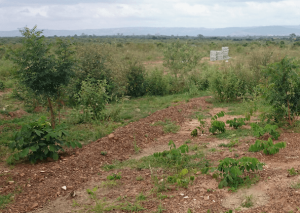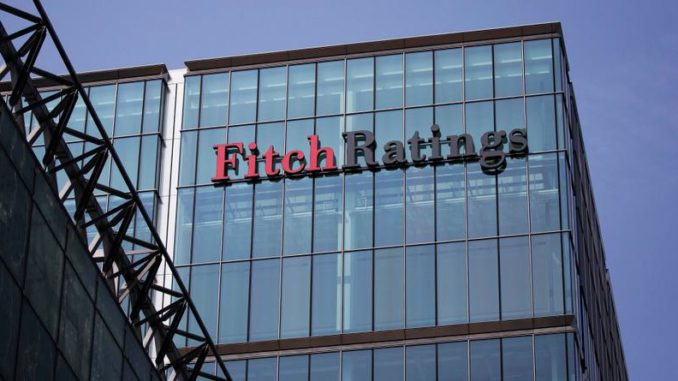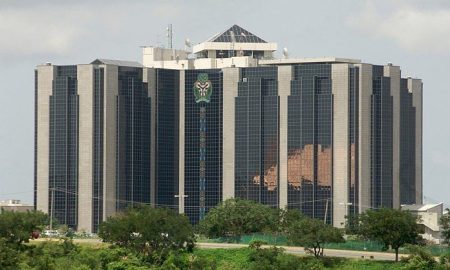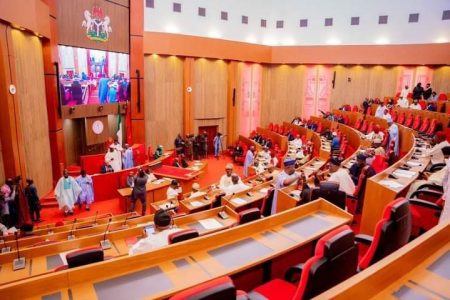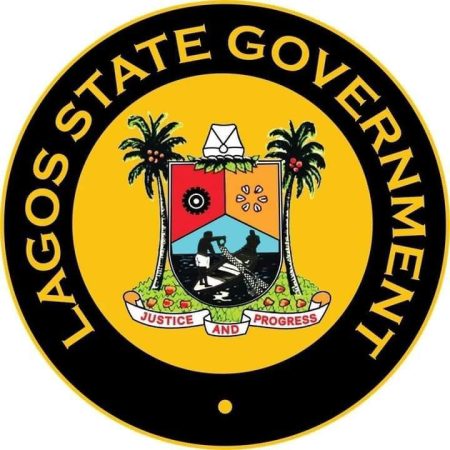The Central Bank of Nigeria’s (CBN) newly implemented capital requirements have created a divergent landscape within the Nigerian banking sector. While larger, Tier 1 and Tier 2 banks have largely navigated the increased capital thresholds successfully, smaller Tier 3 banks face a more precarious situation. These smaller institutions are increasingly likely to resort to mergers and acquisitions or accept a downgrade of their operating licenses as they struggle to meet the CBN’s demands. This disparity highlights the inherent challenges faced by smaller banks in competing within a rapidly evolving financial environment. The new regulations, designed to bolster financial stability and enhance resilience against economic shocks, have inadvertently exposed the vulnerabilities of these smaller players.
The CBN’s mandate presents banks with three primary options: raise fresh equity, merge with other institutions, or downgrade their licenses. While Tier 1 and Tier 2 banks have effectively leveraged shareholder support and the capital markets to secure the necessary funding, Tier 3 banks have found attracting investment significantly more challenging. This struggle stems from a combination of factors, including limited access to capital markets, perceived higher risk profiles, and a generally lower investor appetite for smaller banking institutions. Consequently, many of these smaller banks have yet to secure shareholder approvals for capital raising or finalize their strategic plans, leaving them in a vulnerable position as the deadline for compliance approaches. Examples include Union Bank of Nigeria, still grappling with meeting the CBN’s Capital Adequacy Ratio, and Wema Bank, which, though having received shareholder approval for capital raising, is yet to commence the process.
In contrast, the larger banks have showcased a more proactive and successful approach to recapitalization. Leading institutions like Access Bank and Zenith Bank have already surpassed the N500 billion benchmark for international banking licenses, demonstrating their ability to mobilize significant capital. Others, such as First HoldCo, United Bank for Africa, and Guaranty Trust Holding Company, have adopted a phased approach, raising capital in tranches to minimize market disruption and ensure a smoother transition. Even within the Tier 2 category, Fidelity Bank and FCMB Group have completed initial capital raising rounds, although they require further injections to maintain their international licenses. This demonstrable success underscores the inherent advantages enjoyed by larger banks, including established market presence, stronger investor confidence, and greater access to diverse funding sources.
The divergent paths taken by larger and smaller banks have significant implications for the Nigerian banking landscape. The challenges faced by Tier 3 banks are likely to lead to increased consolidation within the sector. Mergers and acquisitions will become a necessary strategy for smaller banks seeking to survive, combining resources and market share to achieve the required capital levels. This consolidation could reshape the competitive dynamics of the industry, potentially leading to a more concentrated market with fewer, but larger, players. Alternatively, some Tier 3 banks may opt to downgrade their licenses, accepting a reduced scope of operations and focusing on niche markets. This strategic shift could lead to a more segmented banking sector, with specialized institutions catering to specific customer segments and financial products.
The overall impact of the CBN’s recapitalization mandate is expected to be positive for the Nigerian financial system. By strengthening capital buffers across the sector, the regulations will enhance the resilience of banks against future economic shocks, including foreign exchange volatility and regulatory changes. The increased capitalization will also provide banks with greater capacity for business expansion and lending, potentially stimulating economic growth. However, Fitch Ratings cautions that recapitalization alone is unlikely to trigger immediate upgrades in the credit ratings of Nigerian banks. The broader macroeconomic environment, including sovereign risk factors, continues to constrain the rating potential of individual institutions. While some banks may see a positive revision of their outlooks, a significant upward movement beyond Nigeria’s sovereign rating of ‘B-‘ is unlikely in the near term.
In conclusion, the CBN’s recapitalization initiative has created a clear divide between the larger and smaller players in the Nigerian banking sector. While Tier 1 and Tier 2 banks have successfully navigated the new requirements, Tier 3 banks face a more uncertain future. The pressures of meeting the higher capital thresholds are likely to lead to increased consolidation through mergers and acquisitions, or a strategic shift towards downgraded licenses and niche market operations. While the long-term impact of the recapitalization is expected to strengthen the financial system, its immediate effects are highlighting the inherent challenges faced by smaller banks in a competitive and evolving landscape. The coming months will be crucial in determining the ultimate reshaping of the Nigerian banking sector as these smaller institutions grapple with their strategic choices.


